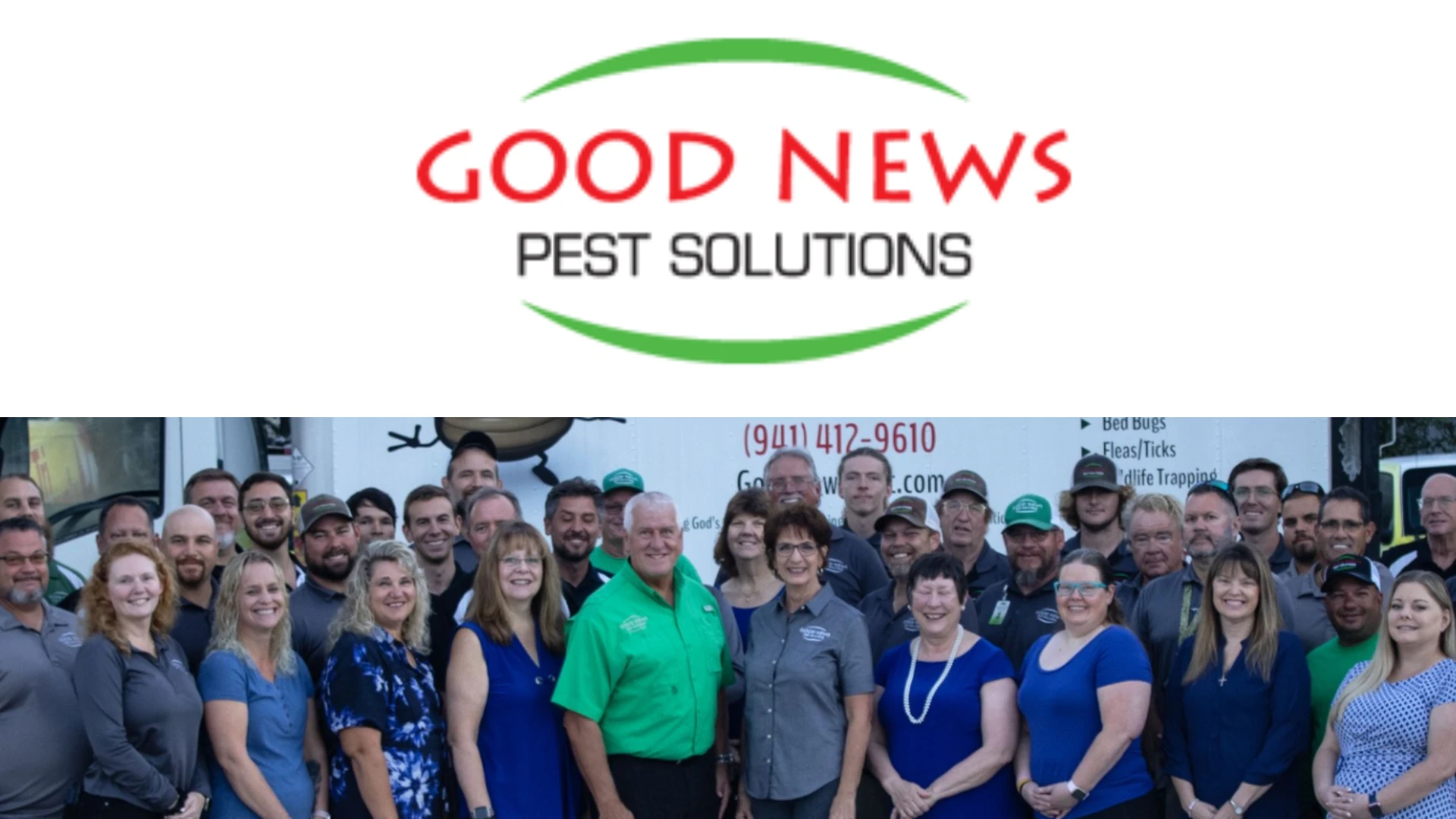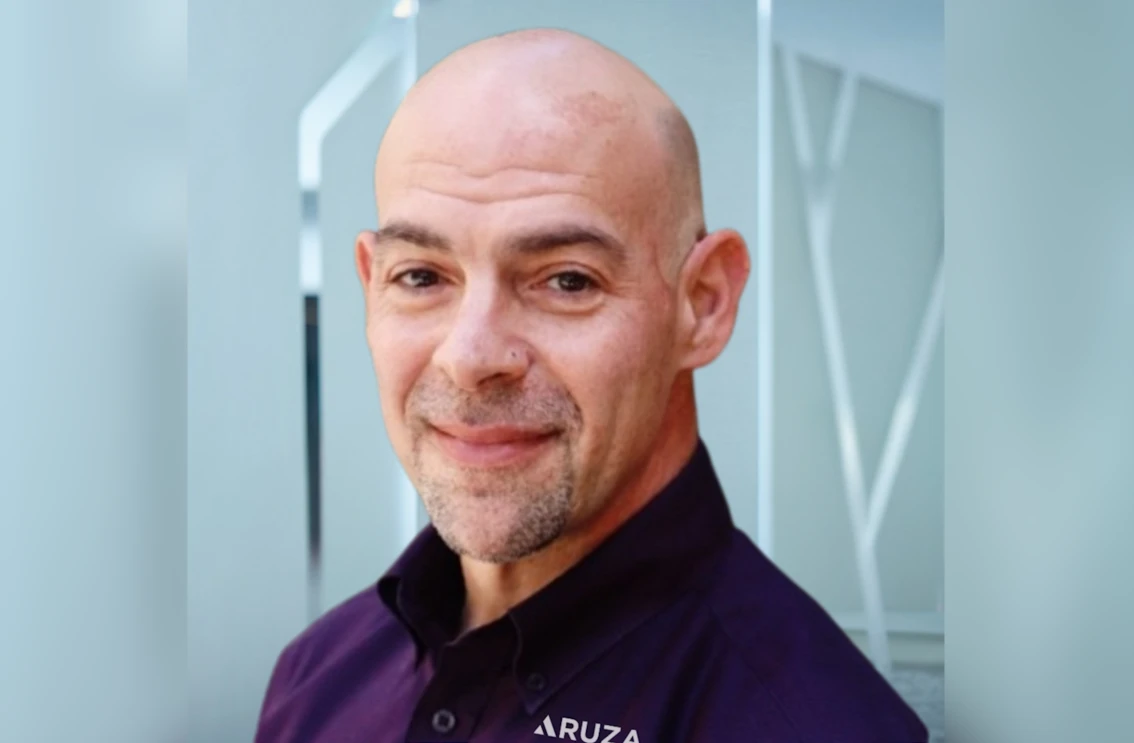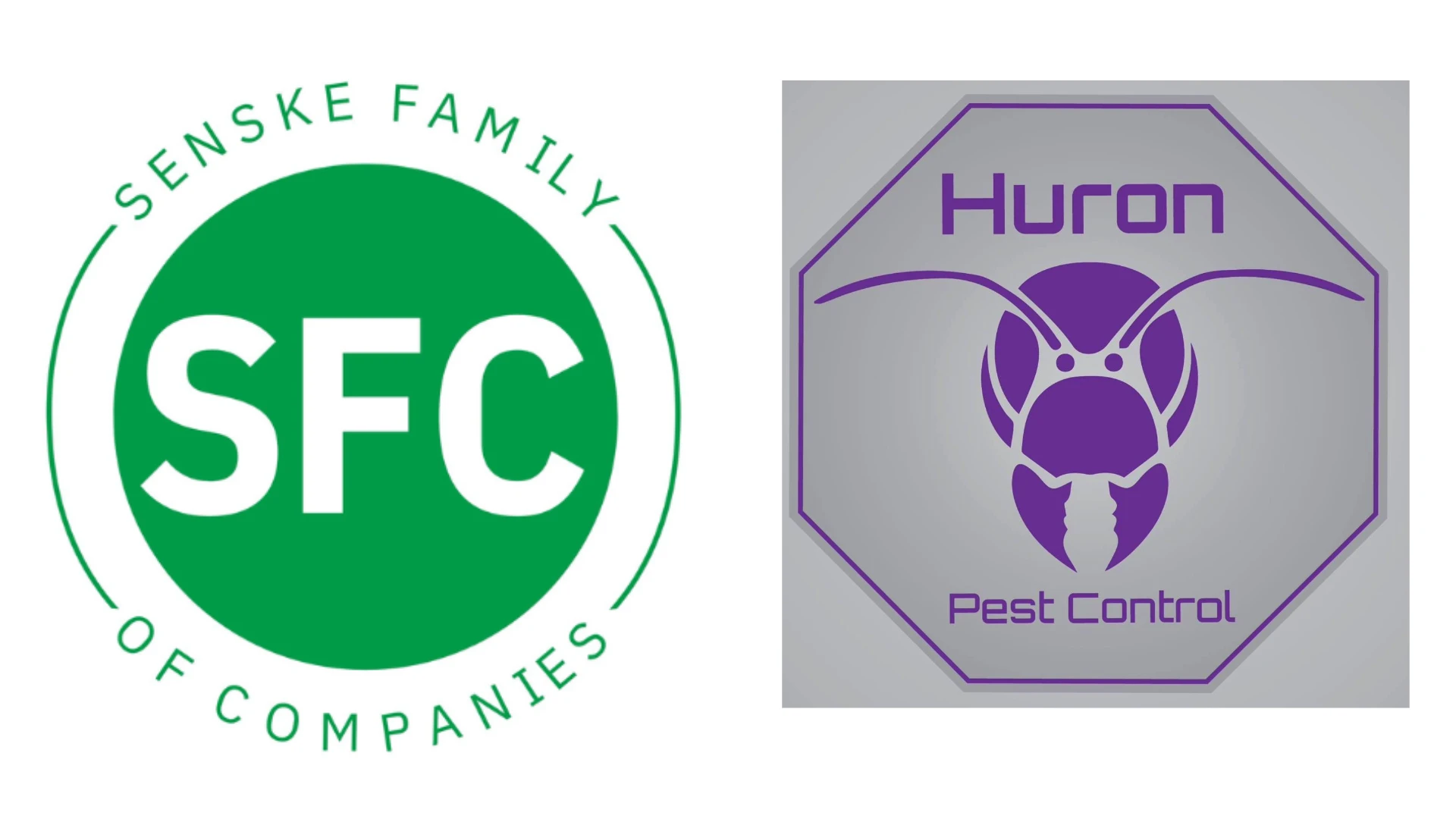Editor’s Note: Bobby Corrigan is considered the industry’s foremost “rodentologist” but when it comes to understanding the biology and behavior of birds that honor may go to Dr. Rob Fergus, an ornithologist with Bird-B-Gone, Mission Viejo, Calif. PCT magazine recently interviewed Fergus, who has a Ph.D. in urban bird conservation from the University of Texas, about the challenges of managing bird populations in urban settings, as well as the science of ornithology.
 In layman’s terms, how would you describe what an ornithologist does on a daily basis?
In layman’s terms, how would you describe what an ornithologist does on a daily basis?
A. An ornithologist is anyone who is involved with the scientific study of birds, which can cover anything from their DNA, anatomy and behavior to their ecology and distribution. Some ornithologists study birds or their genes in a lab, while others study free-flying birds in the wild. Academic ornithologists also spend a lot of time teaching university courses on birds, biology or ecology. Most of us do a little of all of this, so on any given day I will be out in the field observing bird behavior, corresponding with other researchers, as well as preparing or teaching university courses. My work with Bird-B-Gone involves field work studying nuisance bird behavior, as well as researching potential bird control solutions, and consulting on commercial and residential bird nuisance problems across the United States and around the world.
How did you first become interested in birds?
A. I always loved animals as a kid growing up in (western) Oregon. In middle school, one of my science teachers took a group of us on a week-long bird watching trip to Malheur National Wildlife Refuge on the other side of the state. This opened up a whole new world to me and I was hooked! I started searching out and learning about all the birds in my area, and while most people are content to keep something like this as a hobby, after college I decided to follow my bliss and make it my profession.
Where are the centers of excellence for ornithology in North America?
A. Most ornithologists teach at universities scattered across the country, and there may be just one or two at any given university. Cornell has brought dozens of ornithologists together in their Lab of Ornithology, making it unique. Many other ornithologists work in private industry, especially in environmental consulting firms reviewing new wind energy projects, other developments, and bird hazard situations including airports.
Why did you decide to join Bird-B-Gone?
A. When I started working with Bird-B-Gone, I had already spent over 15 years studying urban birds and working with bird conservation non-profits. Working with a leading bird control company is an exciting way for me to continue addressing the many human/bird conflicts that come up in our modern technological society.
How have you applied your knowledge/skills for the benefit of PMPs offering bird control services?
A. I spent most of my life studying birds, so I often know how specific birds think and respond to their environment. No two birds and no two bird control situations are going to be the same, but my experience and insights usually allow me to determine what factors are contributing to any given human/bird conflict and what can be done to resolve it. Through the “Ask an Expert” feature on the Bird-B-Gone website I’m available to consult on any given bird problem and have provided guidance and assistance to PMPs as well as private citizens all over the world.
What factors are driving the growth of the bird control market in North America?
A. There are two questions here. What factors are leading people to have conflicts with birds, and what factors are leading those people to become consumers of bird control products? Human/bird conflicts are increasing because of demographic, economic and cultural factors — there are more people all the time, and as our societies become more urbanized, we create urban habitats where pest birds thrive, and people become less tolerant of birds and especially their droppings. Whereas in the past, a farmer or someone with a bird problem might just resort to waging an armed battle with the offending birds, urbanites in modern societies do not usually have that option. The threat of bird-related diseases is getting a lot of press lately and that will certainly contribute to an increase in bird work. There are more than 60 known diseases carried by birds and customers want to take preventive action. This is leading to more bird jobs, especially in places like hospitals and offices where health is a top priority.
What are the most common mistakes PMPs make when entering the bird control market?
A. There is no such thing as a generic bird. Each species of bird has its unique habits and biology, a unique way of interacting with its environment. That means there can be no one-size-fits-all solutions and often no simple once-and-for-all-time solutions either. PMPs aren’t like plumbers who can go out and just apply a technical fix to a problem. They are in the education and service industry that requires great people and educational skills, and not just technical proficiency. Since it often takes time and ongoing efforts to solve a bird conflict issue, PMPs need to develop relationships with their customers so that they can work together on an ongoing basis to solve their bird conflicts. That said, misunderstandings or lack of information frequently lead to overestimating or underestimating job bids. If there is any question at all, PMPs would be advised to reach out for help from researchers or product specialists, such as Bird-B-Gone. One final mistake —sometimes new PMPs take on big jobs before they have a lot of experience, so they should make sure not to bite off more than they can chew.
|
Bird-B-Gone Ornithologist Shares Expertise at Global Conference Bird-B-Gone’s Ornithologist Dr. Rob Fergus recently gave a lecture to scientists from around the globe on urban bird control at the International Congress for Conservation Biology held in Auckland, New Zealand. The lecture was titled “Urban Bird Conservation: For Birds and People” and focused on the practical aspects of urban bird conservation and education. Fergus also considered how urban bird conservation efforts could be integrated in sustainable city planning and design. Urban settings attract birds for a variety of reasons, namely shelter and a continual food source. These birds can become a nuisance when they decide to roost or nest in areas where the buildup of bird droppings and nesting materials pose an operational, health or safety risk. Fergus proposed that ornithologists work with cities and municipalities for humane, effective solutions to bird problems. Fergus specializes in urban ecology and human/wildlife interactions. He received his Ph.D. in urban bird conservation from the University of Texas at Austin. In addition to researching and consulting on human/bird interactions in cities across the United States, Latin America and Europe, Fergus currently teaches at Rowan University in Glassboro, N.J., and Rosemont College in Philadelphia, Pa. |
If you had one piece of advice for PMPs about how to provide quality bird control services, what would that be?
A. Take the time needed to really know the birds you are dealing with, as well as the expectations of your customers. As you get to know the birds and your customers better, you can better broker the relationship between your customers and the birds that are giving them problems. Don’t forget that training is a vital piece of having a successful bird control program. Bird-B-Gone offers Bird-B-Gone University, an in-depth training course that teaches bird control. Your local distributor or manufacturer will likely offer similar classes you can take to increase your knowledge. They don’t just let you go out and spray pesticides without training. The same applies to bird work!
What’s the most unique or challenging bird control job you’ve ever been associated with?
A. Every single day brings unique and challenging situations. Sometimes the species are unique, sometimes the people themselves are unusual, unique or in a distant location that might be new to me. Sometimes the situation itself is challenging because there are no easy technological solutions. Some of the more challenging bird control problems are those which are very common — such as woodpecker issues — in which there is often no cheap, attractive or easy solution. On the other hand, some interesting problems that are fun to talk about — like the house sparrow colony thriving in a brand new NHL hockey arena — are readily solved by fairly standard practices including bird trapping. One of my more recent challenges was addressing birds roosting on the radio and radar equipment on some U.S. naval vessels. I think we are still working on that one!
What’s the most common mistake PMPs make when quoting a bird control job?
A. Again, over or under estimating bids is a frequent problem. In addition, bird control issues are often complex, and PMPs need to make sure not to quote only one solution to a problem when a situation may require multiple solutions.
What’s the most common mistake PMPs make when performing a bird control service?
A. Not contacting neighboring buildings, owners, tenants, etc. If a PMP does the job correctly, once birds are removed from an area they are going to relocate nearby to the next customer!
Where are the greatest opportunities in the bird control market (i.e., residential, commercial, government, etc.)?
A. Commercial and governmental projects will continue to require expensive and large-scale solutions, products and contracts that provide good opportunities for PMPs. The residential sector actually provides more individual opportunities, but they usually involve less-expensive, smaller-scale solutions. There is a great opportunity here to the extent that we can find ways to capitalize on the “long tail” of this residential market. We should also be looking at the new building and construction industry to find ways to incorporate bird control into the design and management of new buildings. For existing buildings, there are many opportunities to subcontract bird control work for other PMPs.
What does the future hold for the bird control market?
A. We already have decent tools to address most bird control issues, but as we look closer at the birds we are dealing with and how they interact with their environment, we will find solutions to some of the more challenging issues we still face, as well as more elegant solutions to the issues we can already address. This will lead to expanding markets as well as an exciting wave of innovation that could well herald the beginning of a new golden age of nuisance bird control.
Is there anything we haven’t asked that you would like to address?
A. Bird control is just one aspect of a larger project, which is how to create cities and suburbs that are great for both people and birds. In an increasingly urban world, we will be sharing our living space with birds, and birds will be depending on our yards and other areas for their needs. PMPs and other bird control professionals, as well as urban biologists, are pioneers in creating this new wild urban society — an “Avitopia” or “Ornithopolis” if you will. It is an exciting time to be alive, and to be working in concert with others to bring about this new form of urban society!
If you have a bird-related question for Dr. Rob Fergus, visit the “Ask the Bird Expert” section of the Bird-B-Gone website, www.birdbgone.com.

Explore the April 2012 Issue
Check out more from this issue and find your next story to read.
Latest from Pest Control Technology
- Webinar: Employee Incentives — Going Beyond the Annual Raise
- Pest Control Companies Helping Neighbors in Need Eradicate Bed Bugs
- Why Does Marketing Feel So Opaque?
- How Did This Pest Get Its Name?
- Rose Pest Solutions Honors Top Performers with Annual Chief’s Club Awards
- Doug Foster on Termite Control Equipment, Resources
- Pest Control Consultants Acquires EcoGuard Pest Control
- Pest Index Increased 9 Percent YOY in February





